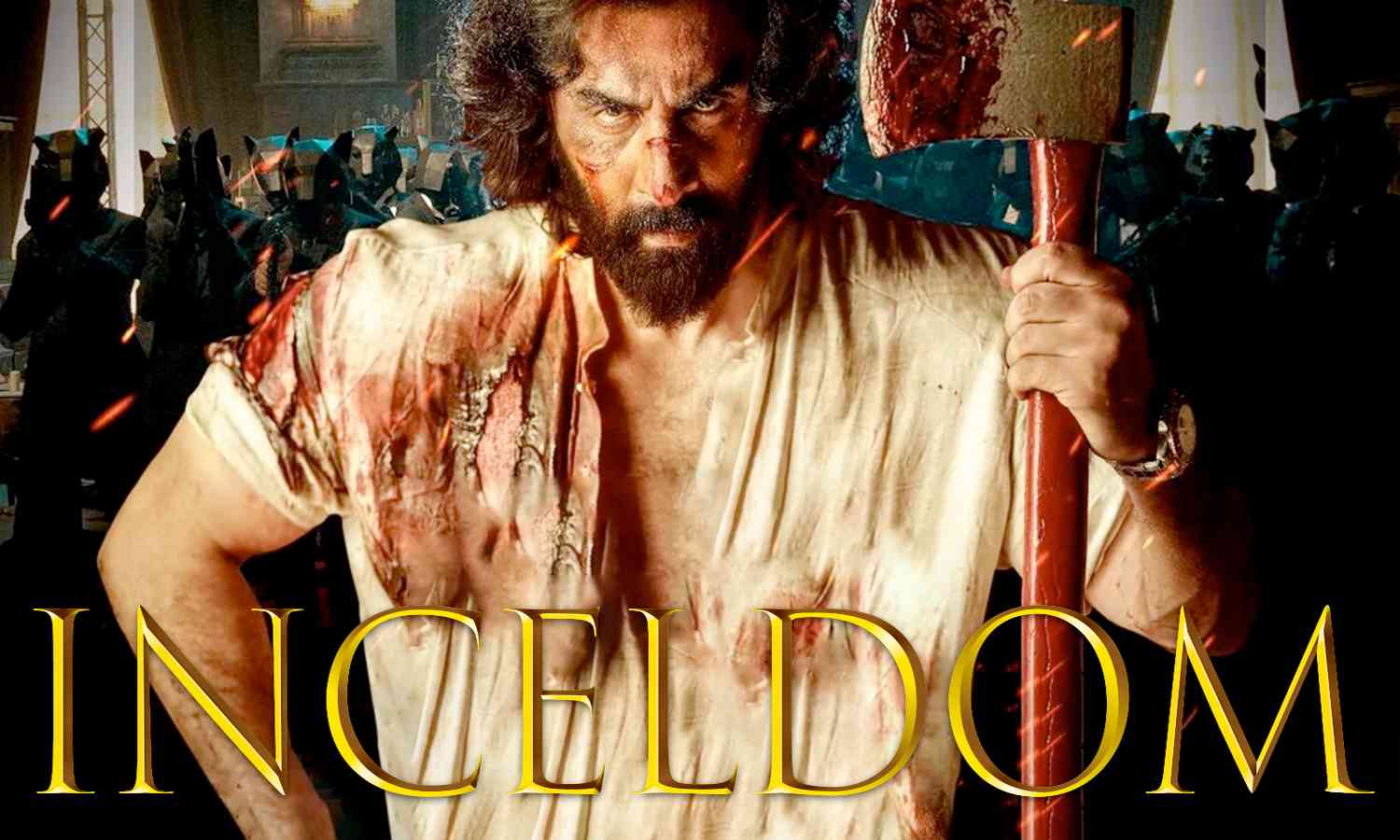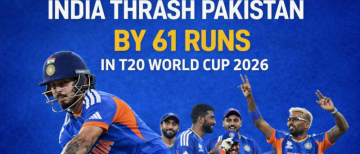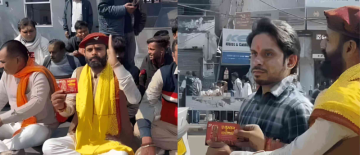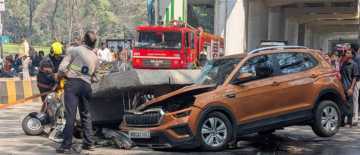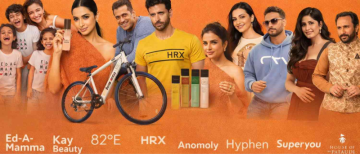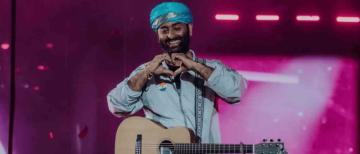For decades, Bollywood has been the heartbeat of Indian popular culture, crafting narratives and shaping identities in profound ways. However, in recent years, an uncomfortable trend has emerged—one that mirrors certain troubling aspects of society: the rise of toxic masculinity in Bollywood films. Defined by traits like aggression, control, misogyny, and an inability to show vulnerability, toxic masculinity is woven into many of Bollywood’s recent releases, glamorising a form of masculinity that glorifies power over compassion, dominance over respect, and revenge over resolution.
We are very far, very very far from Hrishikesh Mukherjees, Bimal Roys, Sai Paranjpais, Gulzars and Benegals of our industry. We are far from meaningful stories, purposeful narratives and using the silver screen as a way to outline morality. We are now in the Sandeep Vangafication of vacant chauvinism and violence as a spectacle era of Bollywood. Gone are the days when objectification of a woman was a villainous trait, when domestic violence was used as a tool to showcase a weak man, or when the purpose of a hero was more than just petty revenge and interpersonal squabble.
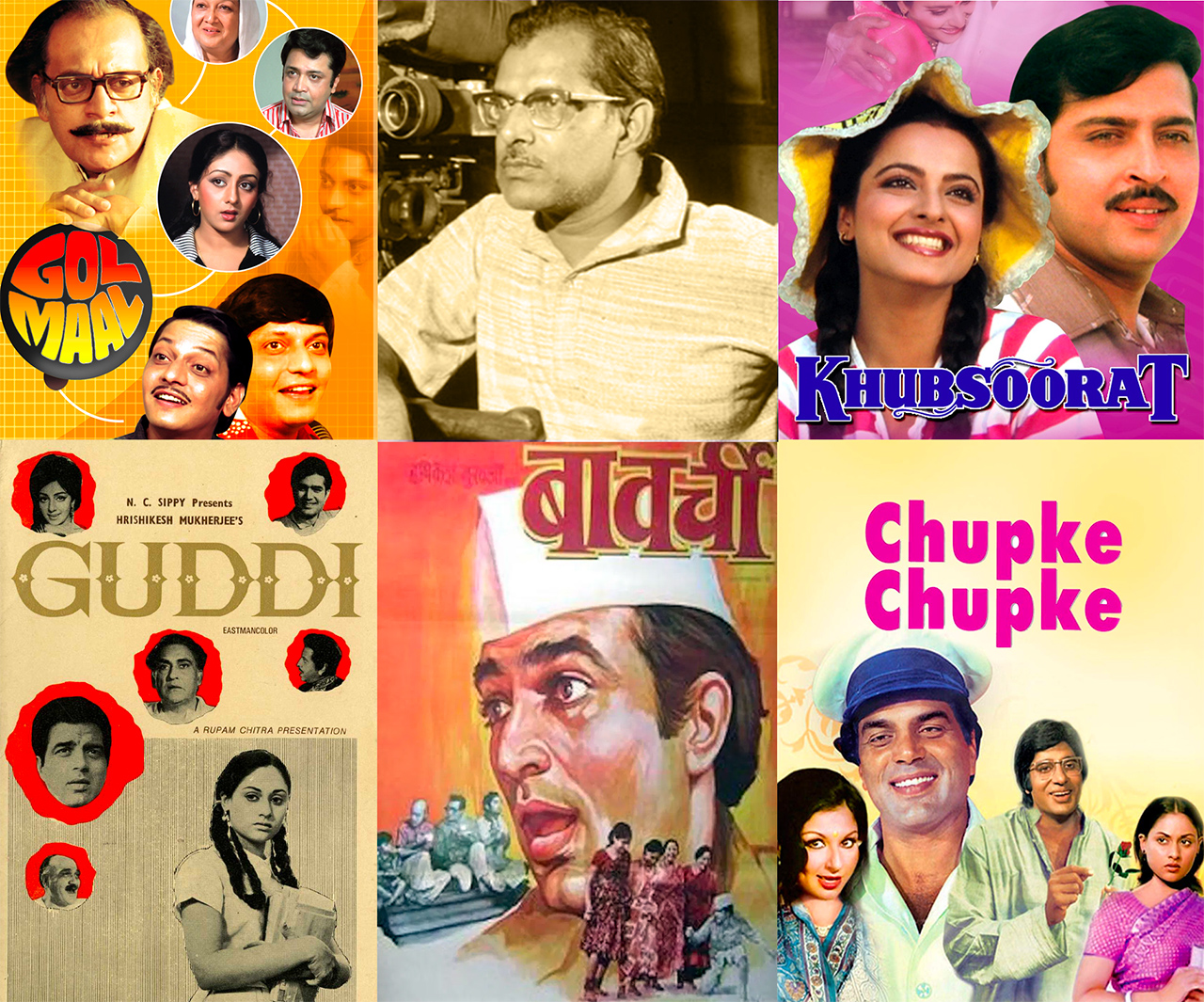
Maligning the Meaning of “Heroism”
The classic Bollywood hero has always been larger-than-life. However, there has been a noticeable shift from the once-romantic, flawed-yet-loving heroes to protagonists who embody a hyper-aggressive, morally ambiguous masculinity. In films such as Animal, Kabir Singh, Arjun Reddy, and Simmba, male characters are shown as intense, impulsive, and dominant figures who refuse to accept limits or consequences. The eponymous Kabir Singh, for instance, exhibits alarming control over his romantic partner, with scenes that depict everything from verbal abuse to physical intimidation. This portrayal received substantial criticism for glorifying behaviour that borders on abusive, yet the film was a major box office success—demonstrating the wide appeal these portrayals have.
Characters like these are often depicted as “deeply flawed but deeply passionate,” a narrative device that justifies toxic behaviour under the guise of intensity. Audiences are encouraged to sympathise with these “dark” heroes, as their aggression and volatility are cast as signs of their profound emotions, giving rise to a troubling message: that abuse is acceptable, even romantic, when it comes from a place of “love” or “passion.”
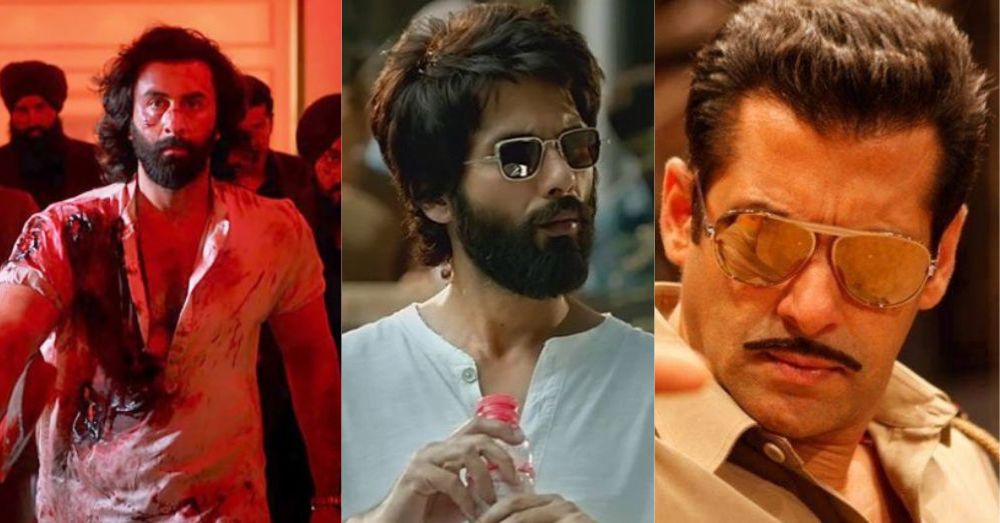
Violence as Male & Audience Bonding
Many Bollywood films also reinforce toxic masculinity by presenting male bonding as a space where compassion, empathy, and emotional intelligence are sidelined. Instead, these films often feature male friendships rooted in heavy drinking, “bro culture,” and physical aggression. Movies like Animal perpetuate the stereotype that men’s relationships should be intense, aggressive, and often dismissive of women or anyone who challenges their behaviour. These characters are usually emotionally closed-off, aggressive, and unable to communicate feelings openly, reinforcing the stereotype that men should be stoic and tough to maintain their masculinity.
Moreover, violence as a solution to problems has become a near-universal characteristic in many recent Bollywood action films. Men are often shown asserting dominance through physical force, and the hero’s “righteous rage” is frequently romanticised and justified, leading audiences to equate violence with courage or strength.
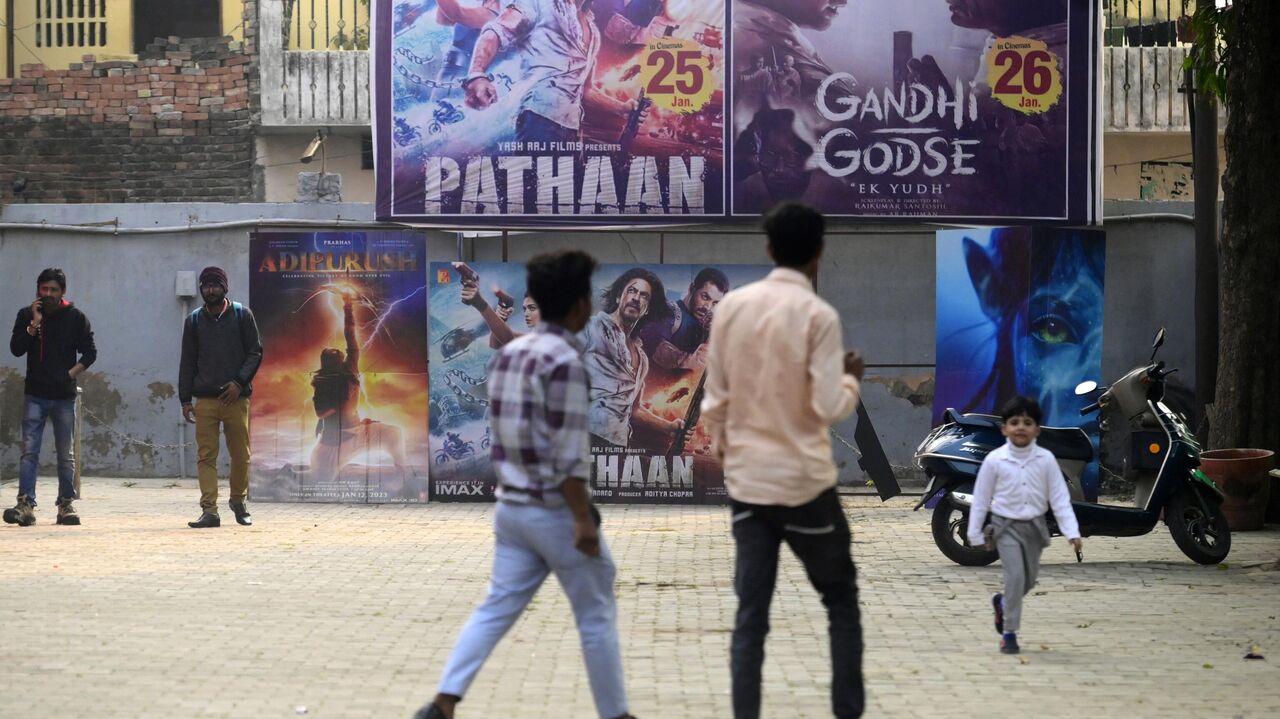
Juvenile Masculinity - Perceptions of a 10 Year Old
The impact of such portrayals extends beyond the screen. For impressionable audiences, particularly young men, these narratives can lead to a skewed understanding of masculinity. When masculinity is repeatedly defined by aggression, dominance, and lack of emotional expression, these characteristics start to be viewed as markers of “real manhood.” Men may feel societal pressure to conform to these attributes, suppressing vulnerability, kindness, and empathy in favour of aggression and control.
Research on media influence supports this, indicating that repeated exposure to certain stereotypes can lead individuals to adopt them in their personal lives. For young audiences, Bollywood’s glamorisation of toxic masculinity risks normalising abusive or controlling behaviour in relationships, where love becomes conflated with possessiveness, and violence is mistaken for passion.
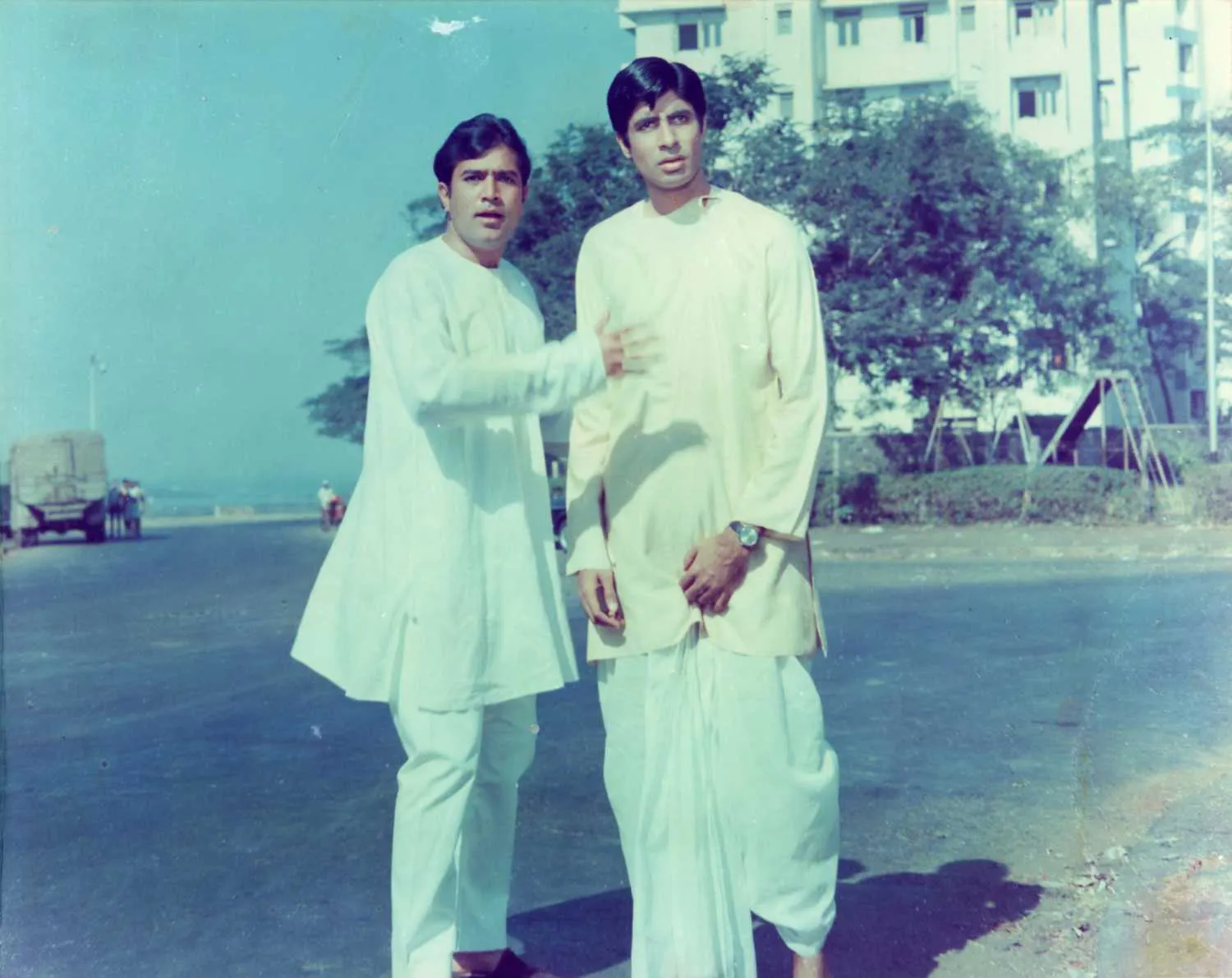
Challenging Toxic Masculinity in Cinema: A Need for Change
While Bollywood has contributed to the rise of toxic masculinity in some ways, it also has the power to redefine masculinity for future generations. Recent films like Dear Zindagi and Chhichhore have tried to challenge these norms, offering nuanced male characters who embody emotional intelligence, compassion, and vulnerability. They present a form of masculinity that allows space for personal growth and relationships founded on mutual respect. Directors, writers, and producers can create a balanced portrayal of masculinity by showcasing diverse male characters with a range of attributes. Stories that highlight emotional resilience, effective communication, and the strength found in vulnerability can help set a positive precedent, redefining masculinity for a modern audience.
The conversation around masculinity in Bollywood needs to shift to reflect the values of an evolving society. With the power to shape cultural perceptions, Bollywood must take responsibility for its influence on societal norms. The industry’s commitment to better storytelling and character depth can not only entertain but educate. By moving beyond toxic tropes, Bollywood can pave the way for a new wave of heroes—ones who inspire compassion, resilience, and positive transformation, qualities that are worth celebrating on and off the screen.
*The views expressed in this article are personal. They do not reflect the opinions, beliefs, or positions of Vygr and Vygr Media Private Limited.
©️ Copyright 2023. All Rights Reserved Powered by Vygr Media.

